In September, for the first time in Ireland, agri students are being offered the chance to study a BSc part time alongside their work commitments.
The BSc in Agriculture is a part-time level 7 degree developed by Dundalk Institute of Technology (DkIT) in partnership with the Teagasc Agricultural College at Ballyhaise.
Aimed at holders of Green Certs who have significant experience but did not pursue higher or further education beyond National Frameworks Qualification (NFQ) level 6.
Strongly rooted in science, the programme will allow existing farmers to develop and improve skills in areas such as sustainable animal and crop production, financial management, soil management, marketing and entrepreneurship, quality management and food processing. Graduates will have skills and knowledge to enable on-farm diversification and will be in a better position to respond to initiatives and opportunities provided by the new Agri-Food 2030 Strategy and upcoming changes to the Common Agricultural Policy (CAP).
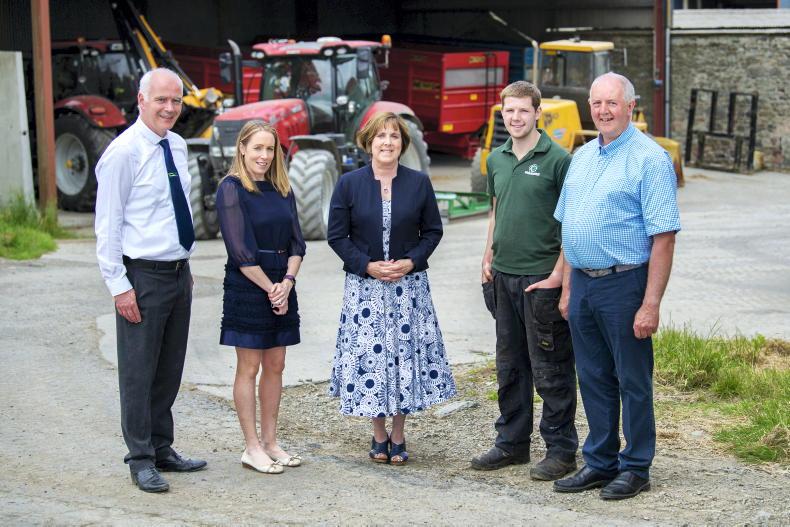
John Kelly, Teagasc Ballyhaise, Siobhan Jordan, DkIT lecturer, Breda Brennan, Head of Agriculture DkIT, DkIT Student Patrick McGuinness, Tony McGuinness at the launch of the new part-time Agriculture qualifications on the McGuinness family farm in Richardstown, Co Louth
“The course will be blended and delivered in the evenings and Saturdays to facilitate student availability,” says Breda Brennan, head of department for agriculture, food and animal health at DkIT.
“If you are a farmer and you are looking to diversify your business or to create more job opportunities, this interactive course may be the ideal opportunity for you.
“This is the first time people who want to get a degree in agriculture have the opportunity to do it on a part-time basis,” she adds.
The course is aimed at the agricultural community to encourage them to upskill alongside the ever-changing agricultural landscape. It offers those with Green Certs an opportunity to continue their continuous personal development, a must when it comes to sustainable farming and the rapid advances in technology.
“We’ve been running courses full time in agriculture for nearly 20 years. What we are trying to do now is we are trying to get the farmers who just went as far as getting the Green Cert, and no further, back into the system, so that they can upskill.
“It gives them more options as well as the change in career. They may want to work in the food sector or biotechnology,” says Brennan.
“It’s very much designed for people who are working full time,” she adds.
The DkIT course is run in partnership with Teagasc’s Agricultural College at Ballyhaise so the student’s time will be divided between both the college campus and the farm in Co Cavan.
John Kelly is college prinicpal at Ballyhaise. He says: “Having a higher education option delivered part time in agriculture is a wonderful opportunity for the many hundreds of graduates we have had from Teagasc level 6 agricultural programmes over recent years.
“The new programmes will meet the many requests that we continue to get about continuing education from our clients, past graduates and host farmers.
“Teagasc staff in Ballyhaise have worked closely with our colleagues in DkIT to ensure that many of the developments and opportunities in Agriculture will be delivered on these programmes.”
For those who are not interested in doing the full level 7 two-year part-time degree, which can be topped up to a level 8 honours degree with an additional year, the department for agriculture, food and animal health at DkIT are also offering two new minor awards in Sustainable Land Management and Animal Production.

DkIT student Patrick McGuinness with his father Tony McGuinness at the launch of the new part-time agriculture course on their farm in Richardstown, Co Louth.
BSc in Agriculture is a 60-credit, part-time, level 7 degree delivered over two years. The programme has a strong central theme of sustainability and this will be reflected in the profile of the graduates.
Learning outcomes
According to the DkIT website, graduates of this programme will demonstrate:
A strong foundation in biological, physical and chemical sciences and mathematics and an understanding of the relevance of science to agri-food industryA strong skills base in business, finance and entrepreneurship to enable on farm diversification, while also applying a sustainable approach to Agri-business in terms of increased competitiveness and enhanced market orientation.An informed approach to sustainable forage and crop production, based on an in-depth understanding of present and evolving soil nutrient management, technological advances, and plant protection methodologies.Knowledge of animal production, husbandry, breeding, disease control, all of which are underpinned by a strong sustainable environment focus with a view to optimising animal health.Understanding of the key quality management and food safety standards and tools with a view to producing efficient, sustainable, safe, traceable and value-added food products.The ability to apply evolving science, technology and business acumen through an innovative and adaptable approach to meet current and future challenges in the agriculture sector. How to apply
Closing date for applications is Friday 27 August 2021, or until places are full. Candidates will be invited for interview. You can find more details on the course and apply online through the course page on the DkIT website.
Read more
Agccelerate your business with UCD
Carbery Group launches new postgraduate scholarship at University College Cork
In September, for the first time in Ireland, agri students are being offered the chance to study a BSc part time alongside their work commitments.
The BSc in Agriculture is a part-time level 7 degree developed by Dundalk Institute of Technology (DkIT) in partnership with the Teagasc Agricultural College at Ballyhaise.
Aimed at holders of Green Certs who have significant experience but did not pursue higher or further education beyond National Frameworks Qualification (NFQ) level 6.
Strongly rooted in science, the programme will allow existing farmers to develop and improve skills in areas such as sustainable animal and crop production, financial management, soil management, marketing and entrepreneurship, quality management and food processing. Graduates will have skills and knowledge to enable on-farm diversification and will be in a better position to respond to initiatives and opportunities provided by the new Agri-Food 2030 Strategy and upcoming changes to the Common Agricultural Policy (CAP).

John Kelly, Teagasc Ballyhaise, Siobhan Jordan, DkIT lecturer, Breda Brennan, Head of Agriculture DkIT, DkIT Student Patrick McGuinness, Tony McGuinness at the launch of the new part-time Agriculture qualifications on the McGuinness family farm in Richardstown, Co Louth
“The course will be blended and delivered in the evenings and Saturdays to facilitate student availability,” says Breda Brennan, head of department for agriculture, food and animal health at DkIT.
“If you are a farmer and you are looking to diversify your business or to create more job opportunities, this interactive course may be the ideal opportunity for you.
“This is the first time people who want to get a degree in agriculture have the opportunity to do it on a part-time basis,” she adds.
The course is aimed at the agricultural community to encourage them to upskill alongside the ever-changing agricultural landscape. It offers those with Green Certs an opportunity to continue their continuous personal development, a must when it comes to sustainable farming and the rapid advances in technology.
“We’ve been running courses full time in agriculture for nearly 20 years. What we are trying to do now is we are trying to get the farmers who just went as far as getting the Green Cert, and no further, back into the system, so that they can upskill.
“It gives them more options as well as the change in career. They may want to work in the food sector or biotechnology,” says Brennan.
“It’s very much designed for people who are working full time,” she adds.
The DkIT course is run in partnership with Teagasc’s Agricultural College at Ballyhaise so the student’s time will be divided between both the college campus and the farm in Co Cavan.
John Kelly is college prinicpal at Ballyhaise. He says: “Having a higher education option delivered part time in agriculture is a wonderful opportunity for the many hundreds of graduates we have had from Teagasc level 6 agricultural programmes over recent years.
“The new programmes will meet the many requests that we continue to get about continuing education from our clients, past graduates and host farmers.
“Teagasc staff in Ballyhaise have worked closely with our colleagues in DkIT to ensure that many of the developments and opportunities in Agriculture will be delivered on these programmes.”
For those who are not interested in doing the full level 7 two-year part-time degree, which can be topped up to a level 8 honours degree with an additional year, the department for agriculture, food and animal health at DkIT are also offering two new minor awards in Sustainable Land Management and Animal Production.

DkIT student Patrick McGuinness with his father Tony McGuinness at the launch of the new part-time agriculture course on their farm in Richardstown, Co Louth.
BSc in Agriculture is a 60-credit, part-time, level 7 degree delivered over two years. The programme has a strong central theme of sustainability and this will be reflected in the profile of the graduates.
Learning outcomes
According to the DkIT website, graduates of this programme will demonstrate:
A strong foundation in biological, physical and chemical sciences and mathematics and an understanding of the relevance of science to agri-food industryA strong skills base in business, finance and entrepreneurship to enable on farm diversification, while also applying a sustainable approach to Agri-business in terms of increased competitiveness and enhanced market orientation.An informed approach to sustainable forage and crop production, based on an in-depth understanding of present and evolving soil nutrient management, technological advances, and plant protection methodologies.Knowledge of animal production, husbandry, breeding, disease control, all of which are underpinned by a strong sustainable environment focus with a view to optimising animal health.Understanding of the key quality management and food safety standards and tools with a view to producing efficient, sustainable, safe, traceable and value-added food products.The ability to apply evolving science, technology and business acumen through an innovative and adaptable approach to meet current and future challenges in the agriculture sector. How to apply
Closing date for applications is Friday 27 August 2021, or until places are full. Candidates will be invited for interview. You can find more details on the course and apply online through the course page on the DkIT website.
Read more
Agccelerate your business with UCD
Carbery Group launches new postgraduate scholarship at University College Cork






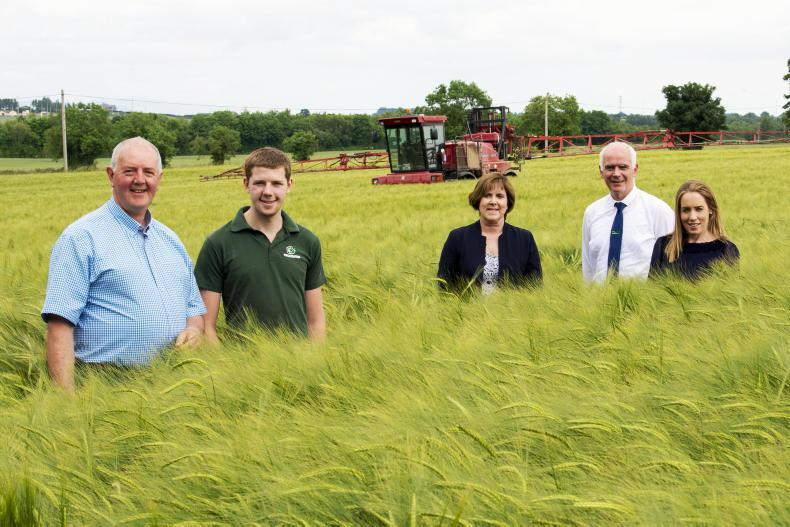
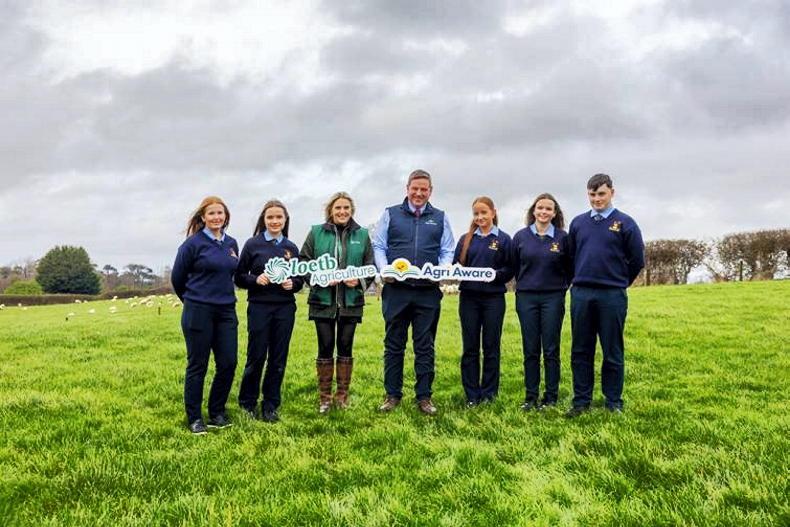
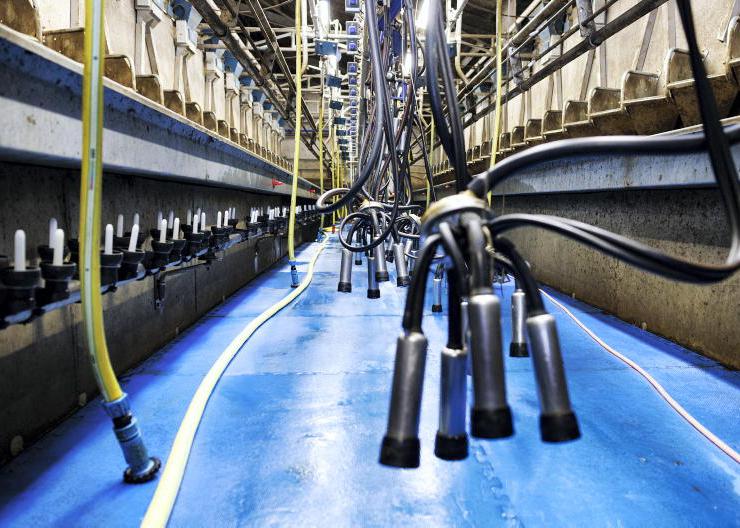

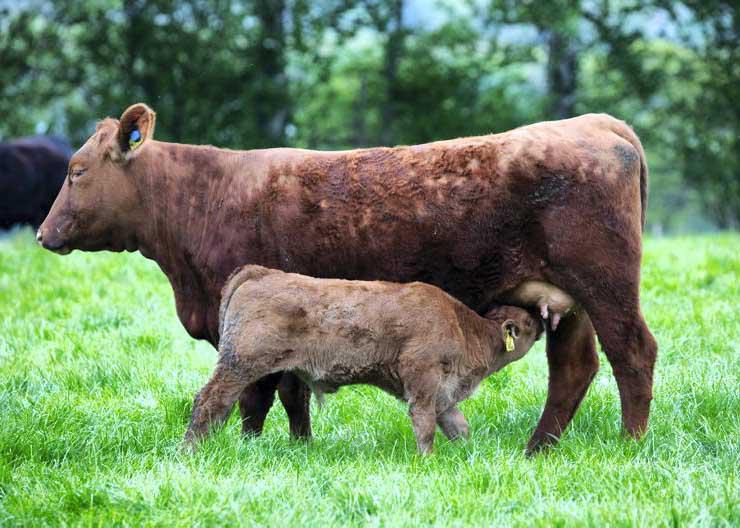
SHARING OPTIONS